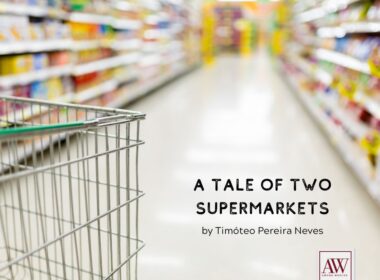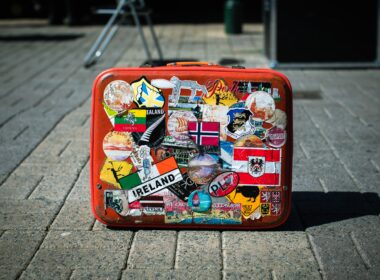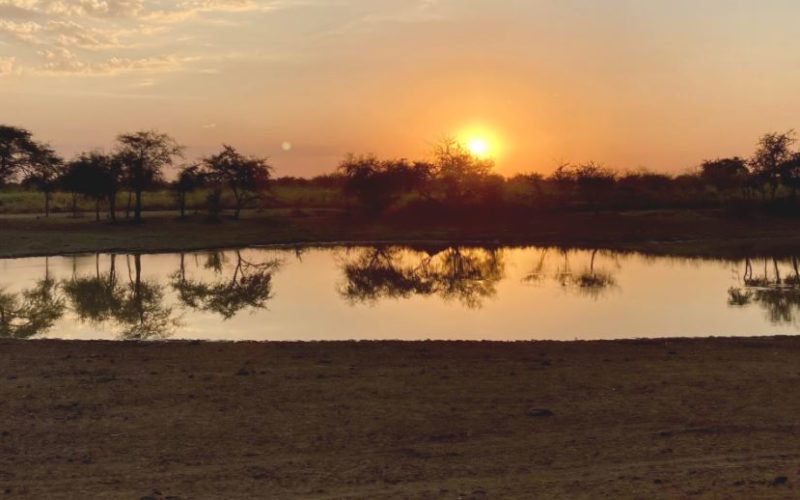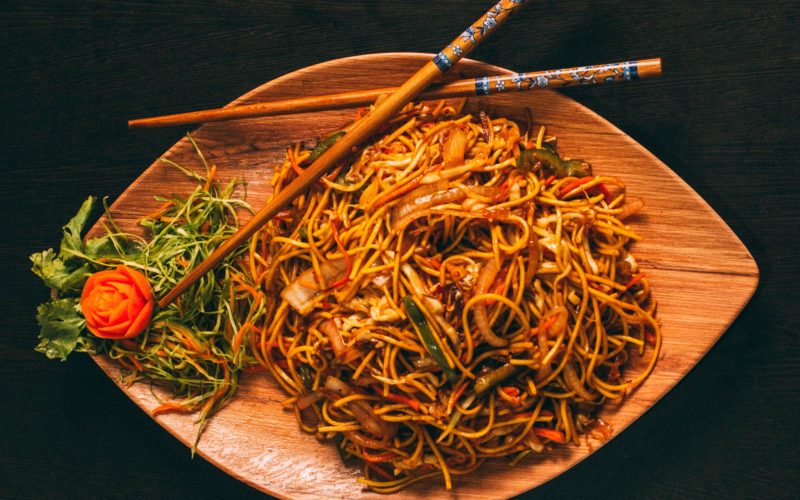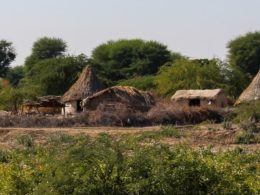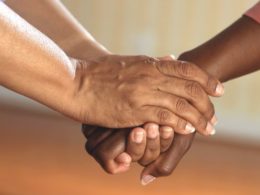by Emily Chesley
Being a TCK is an incredible gift, something I wouldn’t change for the world, but when it comes to finding home, it can feel really painful. Where do I belong? Where and how does my mismatch of places and lives and worlds fit in? How do I explain my weirdness to new friends and colleagues so they don’t back off with skeptical glances?
For years I’ve continued to say, “I’m from Chad” when asked where I’m from. Or, more frequently, “I grew up in Chad and Cameroon, but my parents live in Arizona now.” Or when traveling for work, “I live in New Jersey, but I grew up in Chad.” It feels important to say, somehow, even though it inevitably leads to follow-up questions that can be plenty awkward. But Chad was such a huge part of my life for sixteen years (or eighteen, depending on how you figure). It was exhausting and scary and foreign, yes—but it was also normal and joyful and home. It shaped me—in both wonderful and worrisome ways—and I refused to leave it behind. I simply couldn’t leave out that giant, Chad-sized part of my life story.
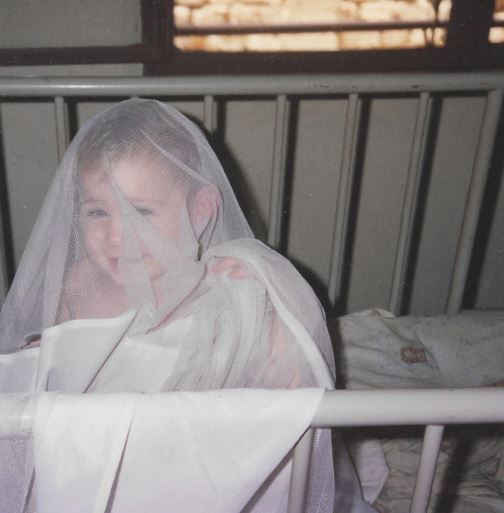
Yet lately, I’ve felt like an imposter every time I’ve kept it in the story. I left Africa after high school, more than eleven years ago now. My parents moving and geopolitics and lack of funds were the main reasons I didn’t go back, but I still felt like if I were to call a place home I ought to go there regularly. I kept in touch with some Chadian friends on Facebook, but most of my close (expat) friends had moved away for school, too. Besides, our house in Baro* wasn’t ours anymore; it belonged to the literacy program. And culture changes. What if I was to return and traditional behaviors and practices had so altered that I felt socially lost? Not to mention I hadn’t spoken Migaama** in those eleven years. I feared maybe it had been too long to claim Chad as home.
Maybe it had been too long to claim
Chad as home.”
Returning to Chad as an adult was an emotionally fraught journey. I was so excited—and so scared. I couldn’t wait to give bear hugs to all the people who had loved me into existence, from the time I was a tiny toddler sneaking off to eat boule in neighbors’ compounds to when I was a snippy, sarcastic, asthmatic teenager bossily directing our kids home movies. But I also worried I would discover I no longer belonged, for a myriad of reasons.
Certainly, Chad had changed. From 3G service in our village (years ago we thought it a miracle when we got a two-way radio hooked up to solar panels that allowed us to slowly send text-only emails!), to clean drinking water thanks to UN-drilled wells, to thriving mother tongue literacy programs, to paved boulevards and covered sewers in N’Djamena, to Chadian men acknowledging the problems of domestic violence and gender inequality. The main Mongo market had moved to a different part of town. All the streets in N’Djamena felt completely altered; walking around the quartier was the most disorienting feeling.
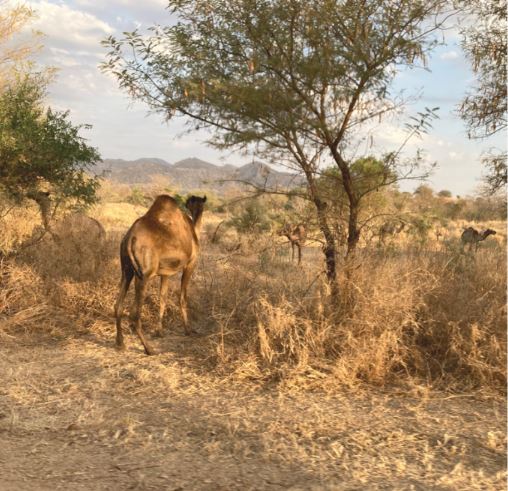
But at the core, it still felt right. Even as a short-term visitor, I felt like I belonged. The reunions were even more joyful and full of tears than I’d imagined. We spent most of our days having long conversations with friends, catching up on the decade-plus of news. I felt at home immediately, in a way that didn’t make logical sense but simply was. Village friends, in particular, were delighted that I still spoke Migaama.
Because, yes, I found myself chattering away in French, Chadian Arabic, and even Migaama. When I was sitting on grass mats in Baro, suddenly I was speaking Migaama again, having full conversations and understanding the others going on around me. It turned out the language I thought I’d long forgotten was hiding away in an attic closet of my brain, just waiting to be needed. I couldn’t tell you how I knew Chadian Arabic either, since I was never very good at it as a kid and it sounds nothing like the MSA or Classical Arabic I’ve studied in graduate school; but listening to conversations and speeches I caught 85 percent of what was being said even if I couldn’t tell you why.
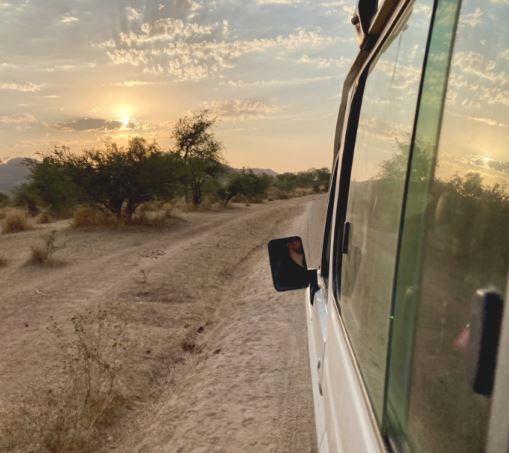
I was eating food with my right hand again, perfectly forming boule and kisarh for dipping in the sauces, spilling nothing on the mats. I still knew how to wear a taraha and a lafay, even though my slippery Caucasian hair is still slippery. I knew how to soak the veggies in bleach and how to flame baguettes and beignets before eating them. I still failed at calculating numbers in the market (you “translate” the Chadian Arabic riyal number to Fuṣḥā, then to English, then multiply by five to get the Central African Franc number to finally select the correct number of coins), but I managed to buy groceries and clothes nonetheless. I knew all the greetings and responses that go on forever. I knew how to take bucket showers and ride on the “off-road” roads without a seatbelt.
Princeton is my new home, and I’m so grateful for my life and dear friends here (friends who, thanks to said 3G service and iMessage, kept in touch all through my trip). But what a precious, precious gift it was to find that Chad was still home too. This TCK still needs to hold on to her places and people from the past because they make her who she is. Holding competing worlds in tension strains my heart at times, but I must do the work to keep them together. For Chad is still a part of me.
*A Migaami village in Chad’s Guéra region
**A Chadic language spoken by approximately 40,000 people, ethnically known as the Migaami
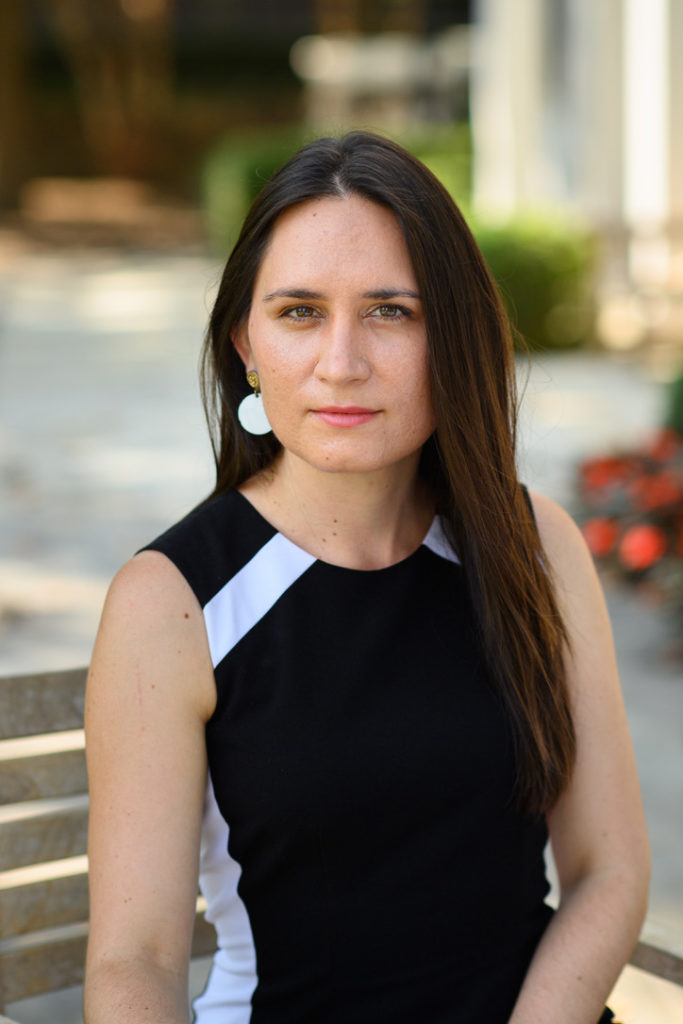
Emily Chesley is a History PhD Candidate currently living and working in Princeton, NJ, USA. Born in Belgium to American missionary parents, she grew up in Chad and graduated from an international boarding school in Cameroon. During university and graduate school she also worked, studied, and volunteered in California, England, France, Greece, and India.


